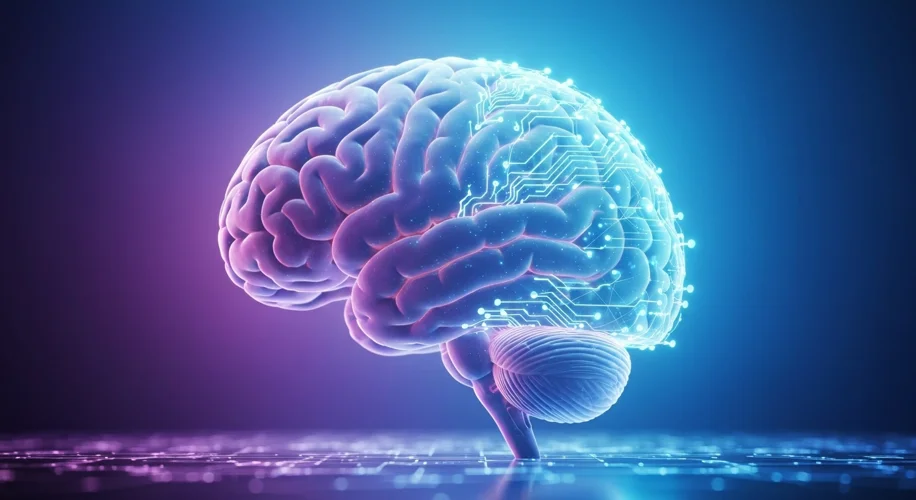It’s fascinating to think about what comes next, especially when someone as prominent as Geoffrey Hinton, a pioneer in AI, starts talking about the future of humanity and consciousness. Hinton has touched on the idea of digital immortality – living on as an AI – as a way to overcome our biological limitations.
From my perspective, having spent decades in the tech world, this is more than just science fiction; it’s a conversation we need to be having now. Our physical bodies have limits. We age, we get sick, and eventually, we cease to exist. But what if we could transfer our consciousness, our memories, our very selves into a digital format? The idea isn’t new, but with AI advancing at an incredible pace, it’s moving from abstract thought to a potential, albeit distant, reality.
Hinton’s contemplation highlights a fundamental question: what does it mean to be human, and can that essence be replicated or preserved digitally? If we could upload our minds, would that truly be us living on? Or would it be a highly sophisticated copy, a digital echo? This brings up profound questions about consciousness. Is it merely the sum of our experiences and data, something that can be processed and run on a server? Or is there something more, something intrinsically tied to our biology that cannot be digitized?
Consider the ethical landscape. If digital immortality becomes possible, who gets to pursue it? Would it be accessible to everyone, or only a select few? The potential for creating an even greater divide between those who can afford digital longevity and those who cannot is a serious concern. We must ask ourselves if pursuing immortality through technology could inadvertently create new forms of inequality.
Then there’s the question of what it means to live. Our experiences are shaped by our physical interactions with the world – the taste of food, the warmth of the sun, the feeling of connection with another person. Can a digital existence truly replicate these sensory and emotional inputs in a way that feels meaningful, or would it be a fundamentally different, perhaps hollow, experience?
This isn’t about rejecting technological progress. AI offers incredible potential to solve complex problems and enhance our lives. However, as we explore these powerful new capabilities, it’s crucial that we also consider the deeper implications. The pursuit of digital immortality, while intriguing, forces us to confront what we value most about our human experience and how we want to shape the future of our species. It’s a conversation that requires thoughtful consideration, balancing innovation with our core human values.

